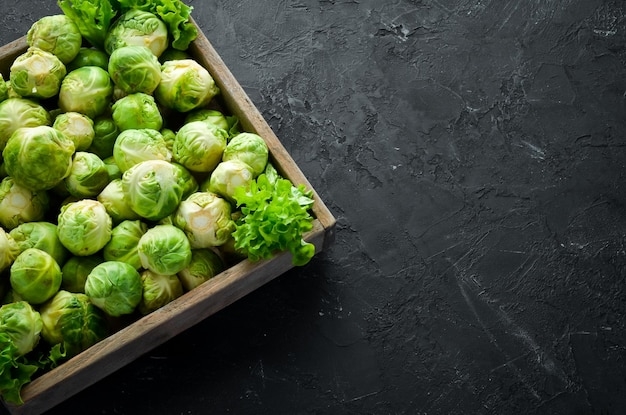Bulgur is a whole wheat product that is commonly used in Middle Eastern, Mediterranean, and Indian cuisine. It is made by boiling and drying wheat berries, then cracking them into smaller pieces.
Nutritional Value of Bulgur
Bulgur is a nutritious whole grain that is rich in fiber, protein, and iron. Here is the nutritional content of 100g of cooked bulgur:
- Calories: 83
- Protein: 3g
- Fat: 0.2g
- Carbohydrates: 18g
- Fiber: 4g
- Sugar: 0g
- Sodium: 1mg
- Iron: 1.3mg
Health Benefits of Bulgur
Fiber
Bulgur is a good source of fiber, which can help maintain regular bowel movements, reduce cholesterol levels, and control blood sugar levels. Consuming 100g of bulgur provides about 16% of the recommended daily value of fiber.
Protein
Bulgur contains about 3g of protein per 100g, making it a good source of plant-based protein. Adding bulgur to meals can be particularly beneficial for vegetarians and vegans.
Iron
Bulgur is also a good source of iron, with 100g providing about 14% of the recommended daily value. Iron is necessary for the production of red blood cells and can help prevent anemia.
How to Cook Bulgur
Cooking bulgur is simple and quick:
- Bring 2 cups of water to a boil in a saucepan.
- Add 1 cup of bulgur, cover the pan, and reduce heat to low.
- Cook for 10-12 minutes or until the water is absorbed and the bulgur is tender.
- Fluff with a fork and serve.
FAQs
1. Is bulgur gluten-free?
No, bulgur is made from wheat and is not gluten-free.
2. Can bulgur be used in salads?
Yes, bulgur is a great addition to salads and can add a satisfying texture and nutty flavor.
3. Does bulgur need to be soaked before cooking?
No, bulgur does not need to be soaked before cooking. Simply boil it in water until it is tender.
4. How can I store leftover cooked bulgur?
Cooked bulgur can be stored in an airtight container in the refrigerator for up to 4 days or in the freezer for up to 6 months.
5. Is bulgur a good substitute for rice?
Yes, bulgur can be used as a substitute for rice in many dishes, including stir-fries and pilafs.
Conclusion
Bulgur is a versatile and nutritious whole grain that is easy to cook and can be used in a variety of dishes. It is a good source of fiber, protein, and iron, making it a beneficial addition to a healthy diet.

















































